The department of MCA was established in 2008 with the approval of AICTE and got accredited by BPUT. The department has got a strong foundation and amenities for students. We have a fine blend of dynamic and experienced faculties who provide quality education to our PG students. The department focuses on the analytical ability of the students. The curriculum is framed in a manner that the students are made strong enough in the basic concepts of computer science and applications.
Welcome to the Department of Master of Computer Application (MCA), GITA Autonomous College, Bhubaneswar, Odisha. The Institute started its journey in the year 2006 with MCA, 2008 as one of the mainstream since its inception. It provides best in class qualified software engineers and researchers who shall be valuable resources for the industry and society. The department offers Master level program and prepares students that are future ready and capable to take any challenge in rapidly evolving technological environment. The department is equipped with modern laboratories and the latest experimental set-ups like, database management, implementation of NIC in networking, designing of networking systems, programming skills through C/C++, Java, Python and Dot net, advance concepts on AI and ML, experimental big data analysis etc. Faculty members have very good academic credentials and are highly inspired in imparting the best technical knowledge. The students and faculties work together on the latest technological development, consequently our students always remain on the forefront of technological advancements. This website provides an overview of the academic programs, research activities, research facilities, faculty profiles, and information of the of student activities in the department. Whether you are a prospective undergraduate or graduate student, or work in industry, or another university, or a visitor, you will find this website to be informative. If you have further questions after browsing this website, please do not hesitate to contact us. You may also correspond with individual faculty members, or contact them by email, using the addresses shown on the faculty pages. Our department looks forward to contribute in meeting the technological challenges with active participation from all sections of the society. Thank you for visiting us.
We are committed to promote excellence in education for a vibrant and inclusive society through knowledge creation and dissemination to establish a unique identity of GITA, Bhubaneswar by development of high quality technical manpower and technological resources.
M1. To train & transform its students and faculty into well trained and highly motivated engineers, scientists, technologists who become knowledge makers as well as knowledge users for contributing to nation building with high degree of professional excellence with an exemplary character.
M2. To impart quality professional education to the students all over India, so as to nurture innovations, technological advances, discipline, moral ethics etc., to usher in development and prosperity in our country
M3. To draw the best expertise in science, technology and management to impart overall training to students in visualizing, synthesizing, and executing projects.
M4. To draw the best expertise in science, technology and management to impart overall training to students in visualizing, synthesizing and executing projects.
M5. To incubate a spirit of entrepreneurship and innovation in our students.
Research Publications and Patents
MCA Department
Research Publications
Data will appear here once uploaded from the admin panel.
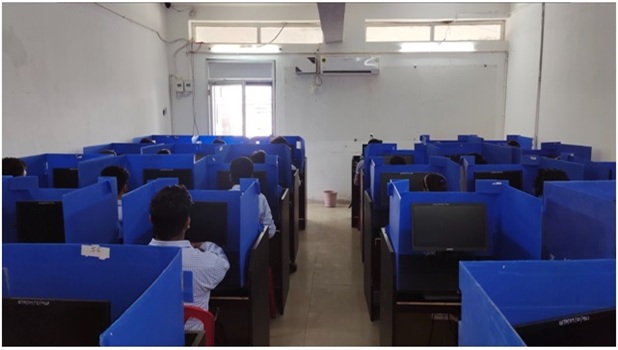
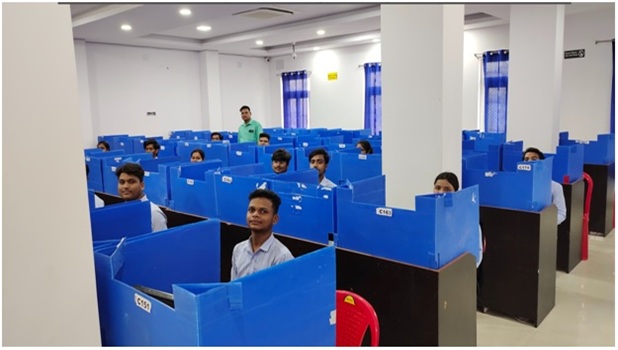
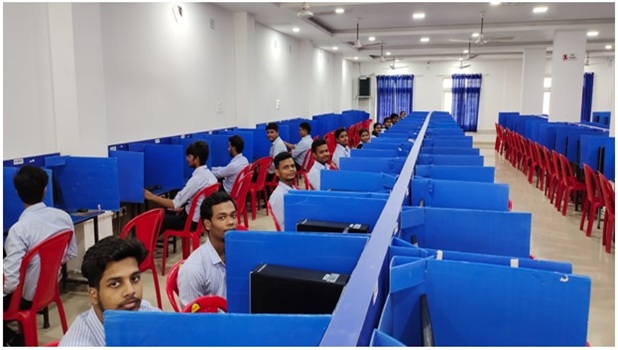
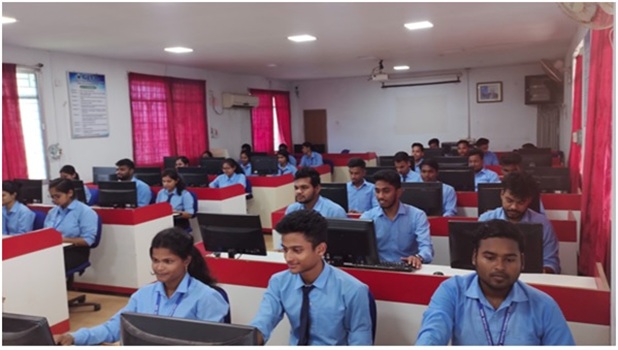
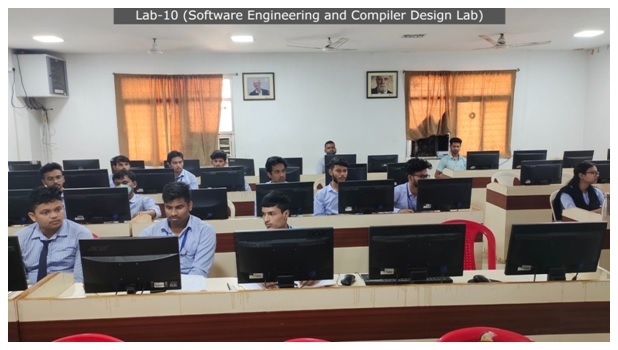
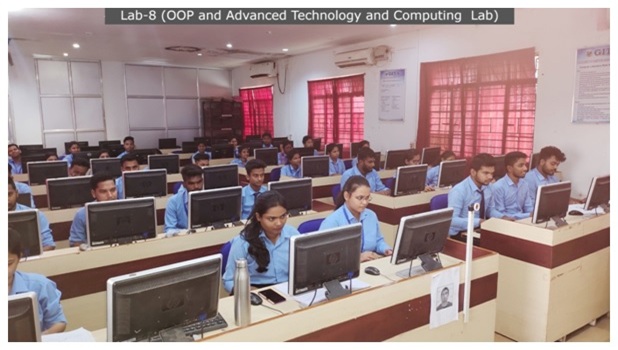
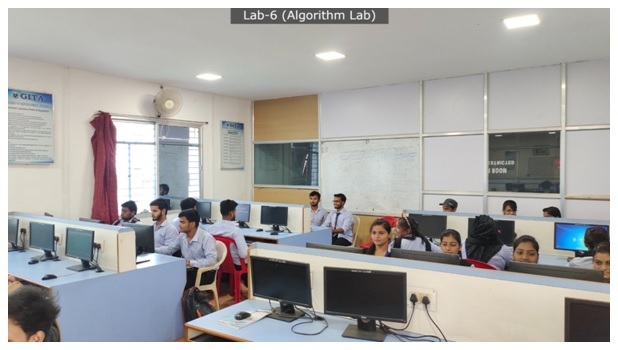
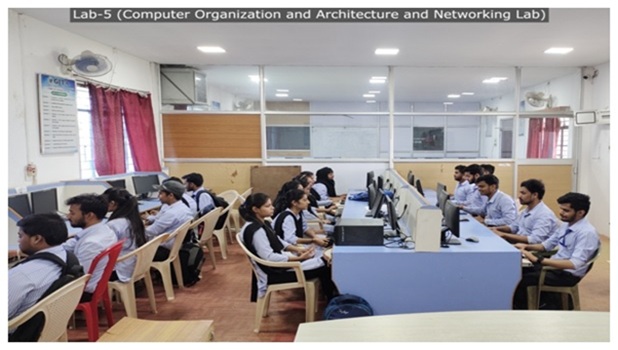
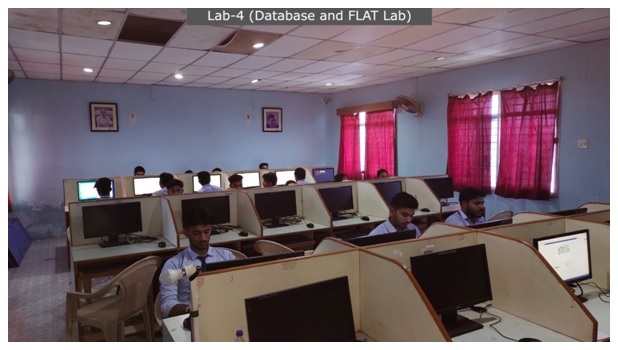
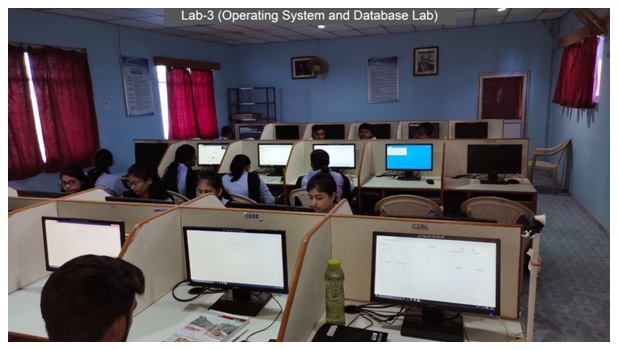
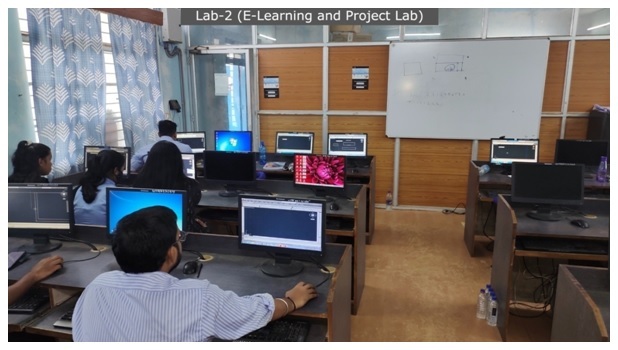
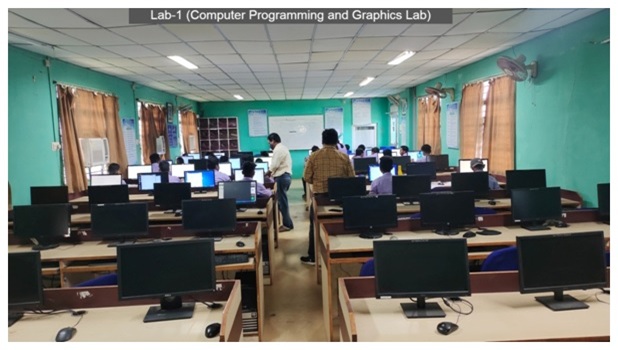
Faculty Achievements
| Sl. no. | Name of Faculty | Details of Award | Year | Awarded By |
|---|---|---|---|---|
| No achievement data available. | ||||
Seminars / Workshops / Webinars
| Sl. No. | Date | Title | Resource Person | Image |
|---|---|---|---|---|
| 1 | 2024-07-03 | Web Designing using Dot Net | — | |
| 2 | 2023-08-27 | BIG DataAnalysis | — | |
| 3 | 2022-01-28 | Machine Learning using Python | — | |
| 4 | 2022-06-25 | AWS using cloud computing | — | |
| 5 | 2022-08-27 | Cyber Security | — |
| Sl. No. | Professional Society |
|---|---|
| 1 | ISTE |
| 2 | Institute of Engineers(India) |
| 3 | Computer Society of India |
| Sl. No. | Date | Event Title | Resource Person |
|---|---|---|---|
| 1 | 2023-03-23 | Two days workshop on Big-data analytics and python | Mr. Sidharth Shankar Ray |
| 2 | 2023-02-12 | Seminar on Data analytics | Prof. Anil Kumar Swain |
| 3 | 2023-01-30 | Seminar on IoT, Fusion360, Ruby on Rails | Mr. Tadit Kumar Dash, Mr. Abhijit Pattanaik, Mr. Jayant Rajwani, Mr. Nirmal Hota |
| Sl. No. | Date | Event Title | Resource Person |
|---|---|---|---|
| 1 | 2022-06-09 | One-day seminar on Recent Emerging Technologies | Prof.(Dr.) Sanjaya Kumar Panda |
| 2 | 2022-05-01 | Workshop on Artificial Intelligence & Machine Learning | Prof. Bimal Prasad Kar, Prof. Prasant Kumar Dash, Prof. Prasanta Kumar Bal, Prof. Sankarsan Sahoo, Prof. Bijaya Kumar Panda |
| Sl. No. | Date | Event Title | Resource Person |
|---|---|---|---|
| 1 | 2021-11-25 | Android application development | Er. Padmanav Rout |
| 2 | 2021-10-06 | Two days Hackathon program | Mr. Sidharth Das |
| 3 | 2021-09-28 | Seminar on core java with OCJP(J2SE) one day. JAVA(J2EE) program | Mr. Trilochan Tarai |
Board of Study
| Sl. No. | Photo | Member Name | Designation | Qualification | Brief Profile |
|---|
| Sl No | Student Name | Company Name |
|---|